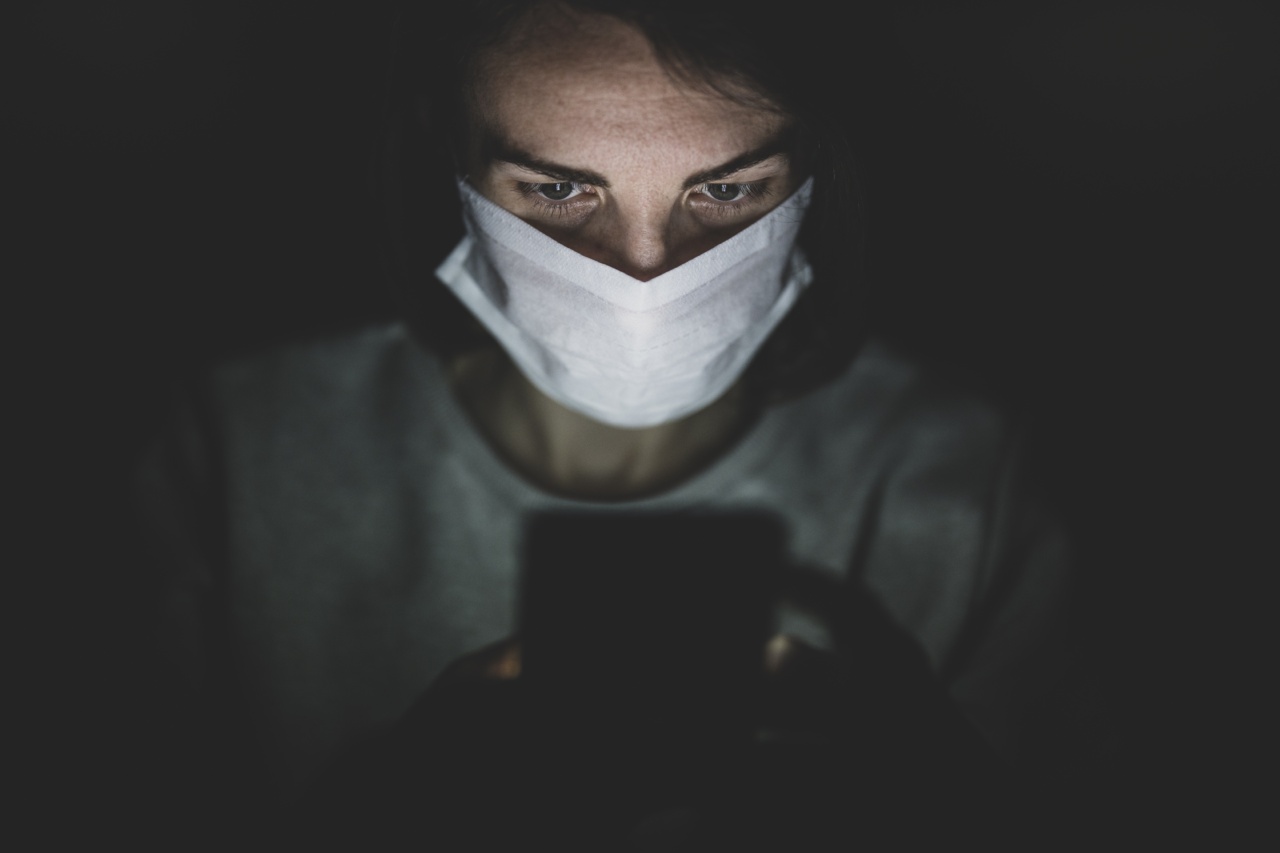Anxiety is a common mental health condition that affects millions of people worldwide. It is characterized by intense worry, fear, and apprehension. While anxiety is primarily known for its impact on mental well-being, it also manifests physical symptoms.
Understanding these physical symptoms can help individuals recognize and manage their anxiety effectively.
1. Increased Heart Rate
One of the most noticeable physical symptoms of anxiety is an increased heart rate. When you’re anxious, your body releases stress hormones, such as adrenaline, which prepare you for a fight-or-flight response.
This leads to a rapid heart rate as your body prepares for potential danger.
2. Shortness of Breath
Anxiety can also cause shortness of breath or difficulty breathing. This occurs due to hyperventilation, where rapid breathing and increased oxygen intake disrupt the balance of carbon dioxide in the body.
This imbalance can lead to a sensation of breathlessness or the feeling of not getting enough air.
3. Chest Tightness
Many individuals with anxiety experience chest tightness, which can mimic the symptoms of a heart attack.
This sensation occurs because the muscles in the chest and diaphragm may tense up when you’re anxious, causing discomfort or pain in the chest area.
4. Muscle Tension
Anxiety can cause muscle tension throughout the body, particularly in the neck, shoulders, and back. This tension can lead to headaches, body aches, and even contribute to the development of chronic pain conditions when left untreated.
5. Digestive Issues
The gastrointestinal system is highly influenced by anxiety. Some common digestive symptoms associated with anxiety include stomachaches, nausea, indigestion, diarrhea, or constipation.
The brain and gut are closely connected, and anxiety can disrupt the normal functioning of the digestive system.
6. Sweating
Excessive sweating, particularly in the palms, is a common physical symptom of anxiety. When you’re anxious, your body’s fight-or-flight response activates and leads to increased sweating as a means to cool down the body.
7. Dizziness
Feelings of dizziness or lightheadedness can occur during episodes of anxiety. This can be attributed to the rapid breathing and changes in blood flow caused by the release of stress hormones.
8. Sleep Disturbances
Anxiety often disrupts sleep patterns, leading to difficulties falling asleep or staying asleep. Insomnia and restless nights are common symptoms experienced by individuals with anxiety.
Lack of quality sleep can further exacerbate anxiety symptoms, creating a vicious cycle.
9. Increased Sensitivity
Anxiety can heighten your sensitivity to various stimuli. You might become more sensitive to light, sound, touch, or even certain smells. This hypersensitivity can lead to increased irritability, frustration, and discomfort in everyday situations.
10. Fatigue
Anxiety takes a toll on both mental and physical energy levels. Constant worry and hyperarousal can lead to feelings of fatigue, even after a full night’s sleep.
Chronic anxiety often drains individuals of their energy, leaving them feeling exhausted and depleted.






























